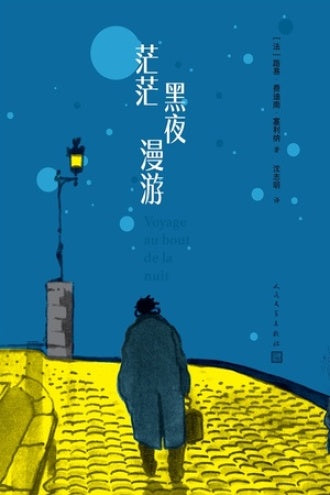WULOLIFE
《茫茫黑夜漫游》作者: [法] 路易·费迪南·塞利纳 出版社: 人民文学出版社 原作名: Journey to the end of the night
《茫茫黑夜漫游》作者: [法] 路易·费迪南·塞利纳 出版社: 人民文学出版社 原作名: Journey to the end of the night
Sale
Sold out
Regular price
€19,00 EUR
Regular price
Sale price
€19,00 EUR
Unit price
per
Tax included.
Shipping calculated at checkout.
Couldn't load pickup availability
Description
内容简介 · · · · · ·
《茫茫黑夜漫游》讲述了一位医生目睹普通人在日渐疯狂和道德败落的社会中所经历的痛苦。塞利纳在这部作品中采用一种新的小说形式、独特的文体和既粗野俚俗又滑稽幽默的口语,猛烈谴责蹂躏欧洲的战争和军国主义,抨击残害非洲的殖民主义,描写了巴黎郊区已经表现出20年后流行的存在主义小说中人物的迷惘情调。塞利纳的世界是一个异化的世界,罪恶的世界,在他的世界里每个人既是恶的受害者又是恶的制造者,人生活在茫茫黑夜里,走投无路,束手待毙。他以幻觉史诗式的笔触,用抒情又俚俗、既雄辩又鄙陋乃至刻毒的语言表达他的绝望哲学,刻画他的丑类群像,创造了独特的塞利纳风格,从而跻身于二十世纪法国大作家的行列。
作者简介 · · · · · ·
路易·费迪南·塞利纳(1894-1961),法国小说家、医生,真名路易·当过商店学徒,一战时入伍受伤。战后入大1928院工作,同时写作他的代表作《茫茫黑夜漫游》。他笔下的人物,多是在忧患困Page动空前、万花缭乱的时代,他以夸张的手法抨击人与人之间炎凉冷酷的关系,从一不是他彻底否定和1932
